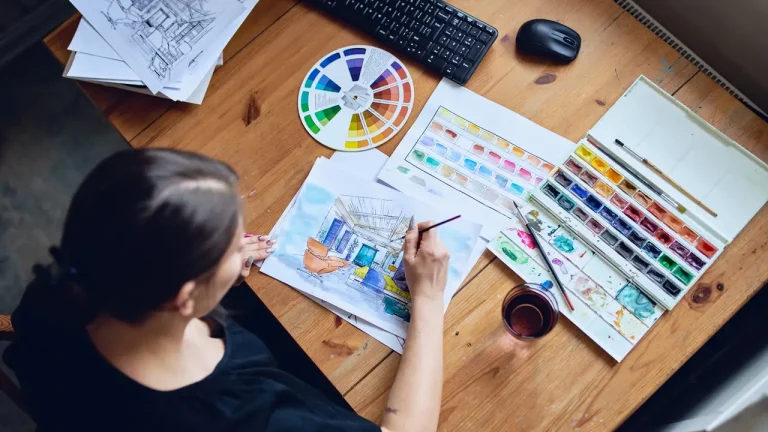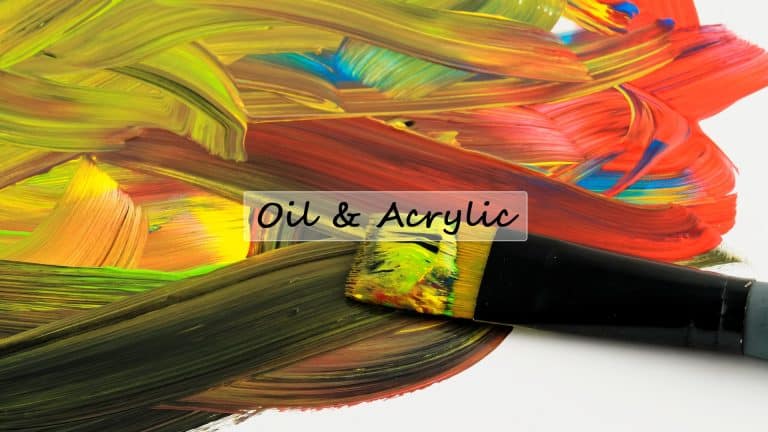Being an artist is not just about creating amazing art; it’s also about being smart with money. Whether you’re a painter, musician, or writer, knowing money management tips can make a huge difference. It’s like having a secret weapon that helps you focus on your art without stressing too much about finances. Let’s dive into some key money management techniques that can help aspiring artists keep their finances on track.
Budgeting for Irregular Incomes
One of the tricky things about being an artist is that your income can be up and down. Some months, you might sell lots of work and other times, it might be quiet. That’s why having a budget is super important. Think of your budget as a map for your money. It helps you see where you can cut back, like maybe spending less on art supplies that aren’t essential.
Or finding ways to save on everyday things, like cooking at home instead of eating out. A budget also helps you plan for the slower months so you’re not caught off guard.
Setting Aside Money for Taxes
Taxes can be a bit of a puzzle, especially when self-employed. It’s important to remember that taxes aren’t automatically taken out of your earnings. So, you must be smart and set aside money for taxes. A good rule is to take a portion of every payment you receive and put it into a separate account just for taxes. It’s like having a piggy bank that you only open at tax time. This way, you’re not scrambling to find the money when taxes are due.
Investing in Your Art Wisely
As an artist, you need to spend money to make money. This could mean buying materials, paying for studio space, or marketing your work. But it’s important to spend wisely. Before you buy something, ask yourself if it’s really going to help your art career. It’s like being a detective, figuring out what’s a good investment and what’s not. Maybe renting a studio in a more affordable area or using social media for marketing instead of expensive ads makes sense.
SoFi experts state, “With a little time and know-how, you can take charge of your finances.”
Building an Emergency Fund
Having an emergency fund is important for everyone, but it’s especially crucial for artists. It’s like having a safety cushion to land on when things get tough. Start by saving a little bit of your monthly income, even if it’s just a small amount. This fund can help you if you have a slow sales period or if something unexpected happens, like your laptop breaking down.
Learning to Diversify Your Income
Relying on just one source of income can be risky. That’s why diversifying your income is a smart move. Think of it like having different colors on your palette. The more you have, the more options you create for yourself. You could sell prints or merchandise, teach art classes, or do commissions. Each of these is a different stream of income. So, if one isn’t doing great, you have others to fall back on.
Good money management tips are as important for aspiring artists as a good paintbrush. They help you navigate the ups and downs of an artist’s income, invest in your career wisely, and prepare for the unexpected. With these skills in your toolkit, you can focus more on your art and less on financial stress. It’s all about making smart money moves to support your creative journey.









